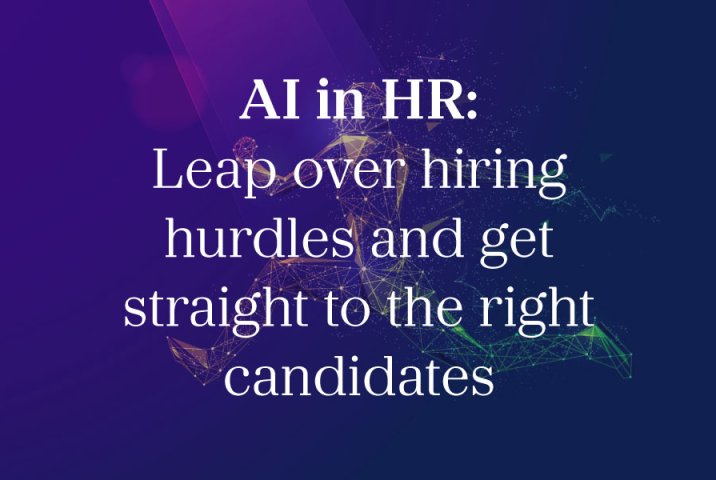Talent shortage?
Think skills first
Skills-based approaches are emerging as a powerful solution to the talent shortage. But there is no one-size-fits-all solution. Our experts will help you design, implement and optimize a skills-based hiring strategy tailored to your organization, so you can find the right talent fast.

The impact of going skills-based.
How AMS can help you

Build foundations for lasting success
Need expert support to build your skills-based strategy?
- Build a roadmap for your skills journey: Run strategic workshops and a comprehensive Skills Readiness Diagnostic.
- Deliver targeted skills interventions: Focus on areas like skills framework design, skills-based attraction campaigns, and tech vendor comparisons.
- Drive meaningful transformation: Tailor strategic interventions that advance your skills journey, drawing on our combined PMO and SME expertise.

Source and recruit skilled talent
Struggling to find ‘in-demand’ skills and need support fast?
- Targeted expertise: Access specialized sourcers with deep knowledge of niche markets and hard-to-find skills.
- Cutting-edge strategies: Leverage data-driven tools AI-powered talent analytics to identify and engage high-demand candidates.
- Scalable solutions: Scale quickly to meet urgent needs or focus on specific skills without long-term resource commitments. Extend your reach to a global network to find specialist skills.

Recruit, train and deploy
Looking to grow your own skilled workforce?
- Find the right candidates: Either strong and diverse talent from the external market or the hidden talent within your organization.
- Upskill and re-skill: Identify the in-demand and niche skillsets you need for the future then develop and train these skillsets, ready for deployment in your organization.
- Improve diversity and inclusion: Hire based on potential to learn and grow - which will allow you to access and reach a diverse talent pool.
Connect with an expert
If you’re looking for support to design, implement or approach you skills-based approach, contact one of our skills-based hiring experts today.
Frequently asked questions
Frequently asked questions
What is skills-based hiring, and why is it important for modern talent management and acquisition?
How does skills-based hiring improve diversity and inclusion in the workplace?
How can we accurately assess skills during the hiring process?
Accurate skills assessment involves structured interviews, task simulations and relevant skill tests. These tools provide clear insights into candidates’ abilities, ensuring that hiring decisions focus on job-relevant competencies, ultimately predicting job performance better than resumes or degrees.
What are the benefits of implementing a skills-based management approach in the workplace?
How can companies track and manage employee skills over time?
Resources
News and insights from our experts
View resources
Whitepaper
Tackling the skills crisis for a sustainable future
Discover how innovative hiring can solve the green skills crisis. In this whitepaper, we explore how Talent Acquisition can bridge the green skills gap and build long-term resilience.

Whitepaper
AI in HR: Leap over hiring hurdles and get straight to the right candidates
Discover how AI streamlines hiring, enhances candidate sourcing, and optimizes recruitment, helping you overcome hiring challenges and improve efficiency.

Catalyst
The Art of Skills-Based Hiring: How to increase productivity and growth while averting the current skills crisis
In this Catalyst article, we explore strategies for adopting skills-based hiring practices to enhance workforce efficiency and drive business growth amid a global skills shortage
Contact us
Want to drive talent results?
When you’re ready to attract, engage and retain the talent you need to succeed, complete this form to connect with us. Alternatively, if you’re looking to work for us, please go to Careers at AMS.

